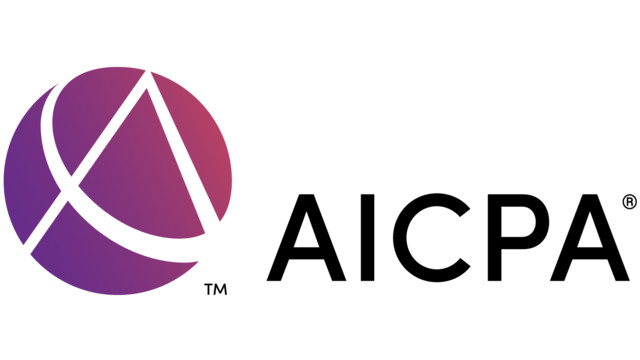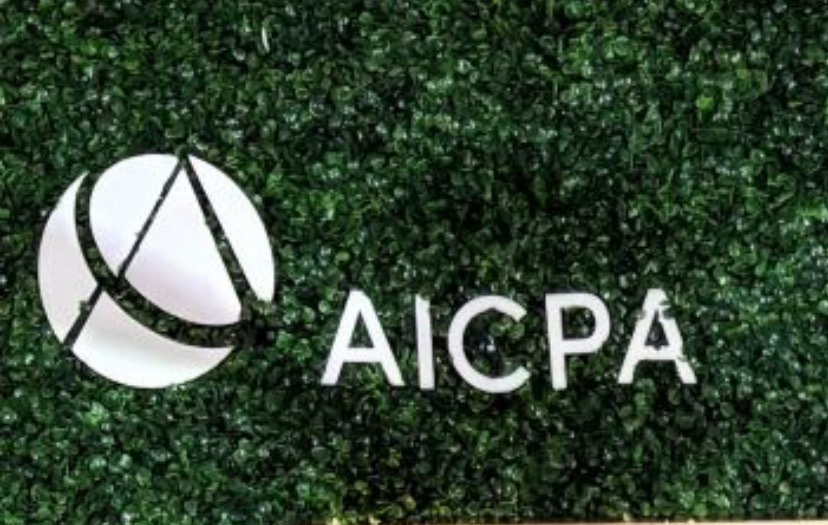ARSC Considers Aligning with International Standards
The American Institute of CPAs (AICPA) Accounting and Review Services Committee (ARSC) has issued an exposure draft of a Proposed Statement on Standards for Accounting and Review Services (SSARS) Materiality in a Review of Financial Statements, Adverse Conclusions, and Special Purpose Frameworks to amend AR-C sections 60, 70, 80, and 90 in AICPA Professional Standards. Those interested in submitting feedback should do so by September 20, 2019.
The ARSC believes it is important for the SSARSs literature to be as closely converged with ISRE 2400 (Revised) as possible to facilitate an accountant’s ability to perform and report on engagements and mitigate confusion regarding the level of assurance obtained in accordance with either set of standards.
In addition, even though there are significant differences between an audit engagement and an engagement performed in accordance with SSARSs, certain concepts remain consistent regardless of the service level performed on financial statements.
Proposed Auditing Standard Tackles Evolution of Audit Evidence
The AICPA Auditing Standards Board (ASB) has issued Proposed Statement on Auditing Standards (SAS), Audit Evidence, to supersede SAS No. 122, Statements on Auditing Standards: Clarification and Recodification, as amended, section 500, Audit Evidence, and amend various other AU-C sections in AICPA Professional Standards.
“This proposed SAS modernizes our standards to recognize the sources of information and the technologies that were not available to auditors when the standard was last updated,” said Robert Dohrer, CPA, CGMA, AICPA Chief Auditor.
Interested parties are encouraged to submit their feedback by September 18, 2019. More information and the Explanatory Memorandum, may be found here.)
The proposed SAS addresses the evolving nature of business, audit services and issues that have arisen since the existing AU-C section 500 was originally issued.
AICPA Encourages DOL to Educate Plan Administrators on the Financial Audit Process
Responding to the Department of Labor’s ERISA Advisory Council’s request for recommendations on actions that may be taken by the Secretary of Labor, the AICPA recently testified at a public hearing held by ERISA Advisory Council.
James Haubrock, CPA, and chair of the Executive Committee of the AICPA Employee Benefit Plan Audit Quality Center (EBPAQC), which is a voluntary membership center of more than 2,500 CPA firms that perform ERISA plan financial statement audits, outlined how the audit process can help plan administrators fulfill their fiduciary responsibilities by providing an opportunity and discipline to demonstrate due diligence by reviewing and enhancing plan governance, operations, records, internal control, compliance and reporting.
The organization has issued eight plan advisories to facilitate understanding of the responsibilities of plan sponsors, administrators, and trustees.
Survey Finds Complex Financial Instruments Continue to Pose Risk
Financial instruments are a growing presence on company balance sheets, with 59 percent of CPAs reporting having financial instruments on their company balance sheets. According to a recent AICPA survey, business executives stated that more market awareness is needed to prevent another financial crisis. In addition:
- 69 percent expect financial instruments to become more complex over the next one to three years.
- 56 percent said it would be easier to determine the value of complex financial instruments if they were measured and reported on a consistent and transparent basis.
- 55 percent said they are concerned about the valuation of derivatives with 6 percent reporting significant concern and 49 percent reporting slight or moderate concern.
Schreiber and Dailey Earn AICPA Special Recognition Award
The AICPA has recognized Gerard “Jerry” Schreiber, Jr., CPA, a partner with Schreiber & Schreiber, and John F. “Jack” Dailey, Jr. CPA, a retired partner and consultant for Bowman & Company LLP, with its Special Recognition Award. Both Schreiber and Dailey received the Award for their influence, commitment and length of service to the CPA profession.
AICPA Issues New Standards for Forensic Accounting Service Providers
The AICPA has released new professional standards for members who perform forensic services engagements. The Statement on Standards for Forensic Services No. 1 (SSFS 1) provides authoritative guidance for members providing litigation and investigative services. Specifically, the standards clarify the definitions of litigation and investigation for accounting purposes, lays out key considerations for client and provider relationships, and establishes boundaries on the services members can provide.
SSFS 1 applies to all AICPA members, AICPA member firms, and employees of AICPA member firms. The new standards take effect for new engagements accepted on or after January 1, 2020 with early adoption permitted.
Thanks for reading CPA Practice Advisor!
Subscribe Already registered? Log In
Need more information? Read the FAQs





